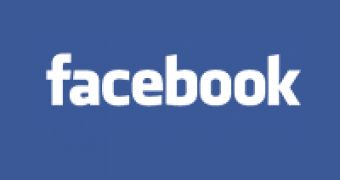Microsoft is getting ready to open a $300 to $500 million account on Facebook. The Redmond company is getting closer and closer to Facebook, and is building an intimate connection with the social networking hotspot. But Microsoft is not the only one interested in Facebook. Google is also looking for a piece of the social networking pie. It is interesting to note the fact that both Microsoft and Google offer similar websites to MySpace and Facebook. The Redmond company has Windows Live Spaces while the Mountain View search giant is running Orkut. Still, neither Windows Live Spaces nor Orkut have grown to more than an insignificant fraction of the MySpace and Facebook.
In this context, it is easy to see what generates Microsoft's and Google's interest for Facebook. But jumping aboard the successful social networking wagon has not been an easy task for the two companies. The failure of their own services to pick-up an audience is representative of the fact that established, heavyweight brands such as Microsoft and Google are not synonymous with floods of eyeballs. However, and independent project such as Facebook managed to grow all on its own to the number two spot on the social networking market.
As far, Mark Zuckerberg the founder of Facebook has showed strong signs that Facebook is not for sale. In the past, Zuckerberg has turned down various offers from Microsoft and Yahoo, keeping Facebook independent from all the major poles dominating the Internet. Now Microsoft and Google yet again indicate interest in a Facebook marriage. The Redmond company is reportedly looking to buy no less than 5% of Facebook, and investment worth between $300 and $500 million, judging by the fact that that the social networking website is estimated at no less than $10 billion, according to the Wall Street Journal.
For Microsoft and Google, a 5% stake in Facebook would represent the embryo that would catalyze getting the entire mass of eyeballs on the site to be served online advertising content through their respective platforms. Google would certainly increase its foothold on the online advertising market, while Microsoft would be able to put its newly acquired Atlas platform at work, via the acquisition of aQuantive. According to the latest statistics, Facebook has in excess of 40 million users and is growing by 200,000 each day, representing an overall evolution of 270% in a single year.

 14 DAY TRIAL //
14 DAY TRIAL //